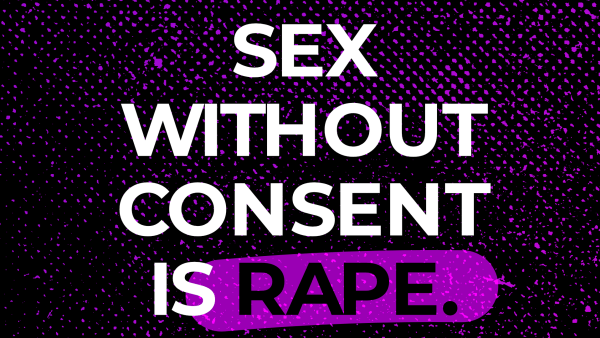The European Parliament today backed a resolution calling for the fundamental rights of intersex people to be better protected in Europe.
Intersex people are people born with sex organs and/or other sex characteristics that cannot be classified entirely as male or female.
The Parliament also adopted a separate resolution calling for the next Commission to come forward with a comprehensive and ambitious strategy on LGBTI topics for its next mandate covering the period 2019-2024.
S&D Group MEP and co-president of the LGBTI intergroup Daniele Viotti said:
“There are still profound misunderstandings and prejudices towards intersex people, both in Europe and around the world. In many countries, babies are forced to have medically unnecessary surgeries; children are put on hormonal treatments or other procedures - all to change their appearance to fit in with societal norms of what it is to look male or female. This is all done without the consent of the person concerned. These procedures can cause serious long-term damage, including infertility or sever psychological suffering. We are calling on all national governments to prohibit these medically unnecessary surgeries and treatments on intersex children immediately.
“Intersex people face discrimination throughout their lives. By adopting this resolution today, the Parliament aims to raise awareness of the issues intersex people face and pressure governments to take action. As well as prohibiting medically unnecessary procedures done without consent, governments should provide greater levels of support to ensure that intersex people’s rights are respected.”
S&D Group vice-president Tanja Fajon added:
“The Parliament also backed a separate resolution calling on the next European Commission to prioritise LGBTI issues. LGBTI people continue to suffer from high levels of discrimination and violence in EU countries. However, the Commission to date has not adopted a full comprehensive strategy to ensure that the fundamental rights of LGBTI people are respected, as it has for disability and Roma inclusion. The Parliament has sent a clear message today that this is not acceptable and the next Commission must come forward with such a strategy as a matter of urgency.”









